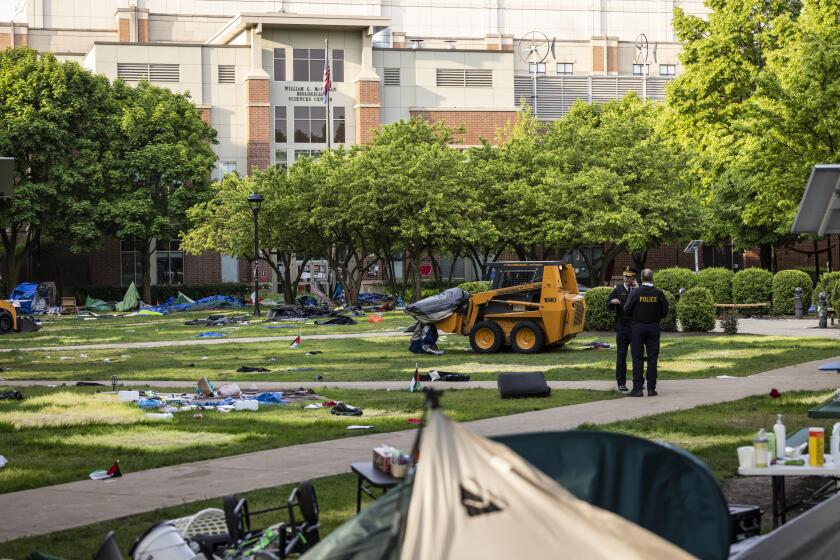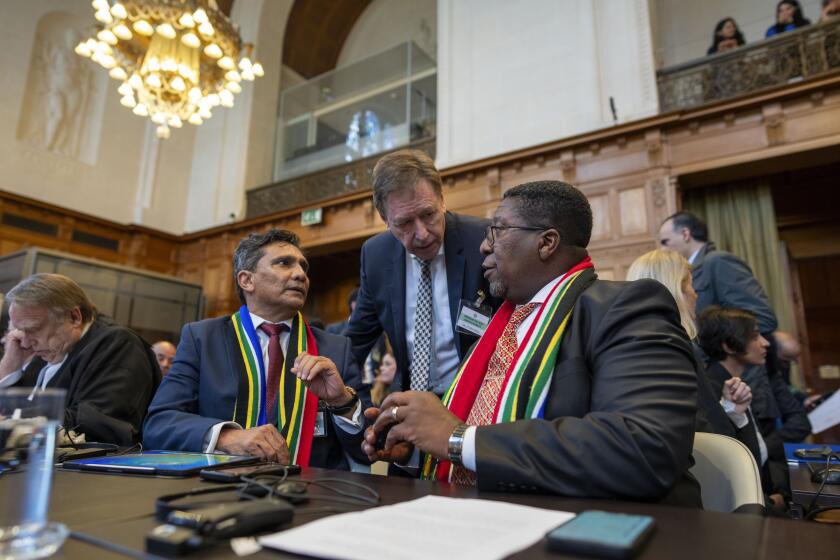The Great Outdoors
A quarter-century ago the National Recreational Resources Review Commission spawned some of the nation’s most significant legislation dealing with the outdoors and how Americans use it. The legacy of the commission, chaired by Laurance Rockefeller, includes the National Wilderness System, the Wild and Scenic Rivers System and the Land and Water Conservation Fund.
Today a new national commission under Tennessee Gov. Lamar Alexander is conducting another assessment of American outdoor recreation demands going into the 21st Century. The Commission on Americans Outdoors was appointed by President Reagan early last year under legislation originally sponsored by the late Sen. Henry M. Jackson (D-Wash.) and Sen. Malcolm Wallop (R-Wyo.). Jackson had been a member of the original Rockefeller Commission.
Much has changed in America in the past 25 years. Americans have more leisure time, are more affluent, more mobile, more active physically and more outdoors-oriented. Demands on parklands and other recreation facilities are heavy. The opportunity presented to the new commission may be equally as historic as that of the Rockefeller group.
But the focus is broader. It also is looking into urban needs and newly popular forms of recreation such as running and biking. It will try to reconcile the demands of the skimobilers and cross-country skiers, the dirt-bikers and backpackers, and those who are content to visit a local or regional park for a barbecue and a swim as well as the deep-wilderness traveler.
The undertaking is monumental. It is complicated by federal budget-deficit demands and the emphasis of the current Administration on more responsibility on state and local governments. But as the commissioners debate their final report they should keep in mind the findings of a poll conducted for them by Market Opinion Research. The survey of 2,000 adults found that three-fourths of them use local, regional and state parks in a year and 62% have visited a federal park, monument or recreation area within the past five years. The respondents said that natural beauty was the most important reason for visiting such areas.
There was substantial agreement on these concepts concerning government policy and outdoor recreation: The government should preserve natural areas for the future as well as to accommodate current recreation needs; more parks are needed near large cities; the federal government should continue to aid state and local agencies, and all levels of government should provide access to beaches and waterfronts. And, significantly, 78% of all Americans thought that outdoor recreation must be paid for by a mix of taxes and user fees, with the primary emphasis on taxes except for park and recreation-area maintenance.
As it deliberates, the commission should resist using budget problems as an excuse for lessening the role of the federal government in providing a national recreation and preservation system that is unsurpassed. If more money is needed, the commission must not overlook the potential for new revenue from a variety of sources such as excise taxes on camping equipment.
In the meantime, the commission should be commended for its effort to hear the people’s views--through polls, personal interviews and public hearings throughout the country. The commission will accept the written suggestions and ideas of any American until July 1. Such submissions can be sent to: New Ideas Working Group, President’s Commission on Americans Outdoors, P.O. Box 18547, Washington, D.C., 20036-8547.
This is one of those rare occasions on which the present truly meets the future, and Americans can influence the outcome. Write now.
More to Read
Start your day right
Sign up for Essential California for news, features and recommendations from the L.A. Times and beyond in your inbox six days a week.
You may occasionally receive promotional content from the Los Angeles Times.






